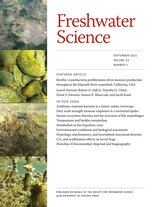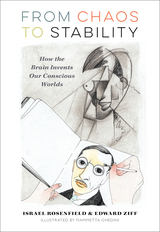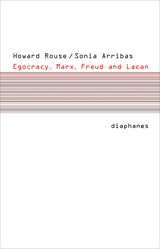

The French psychoanalyst Jacques Lacan (1901–1981) is a uniquely complex writer and the originator of an especially unsettling view of the human subject. But the singularity of Lacan’s achievement has been understated by many of his critics. Often he is seen merely as a figure famous for being famous—an essential reference point in structuralist and poststructuralist debate—rather than as a theorist whose writings demand and reward detailed scrutiny.
Malcolm Bowie traces the development of Lacan’s ideas over the fifty-year span of his writing and teaching career. The primary focus is on the fascinating mutations in Lacan’s interpretation of Freud. Bowie reinserts the celebrated slogans—“The unconscious is the discourse of the Other,” “The unconscious is structured like a language,” and so forth—into the history of Lacan’s thinking, and pinpoints the paradoxes and anomalies that mark his account of human sexuality. This book provides a firm basis for the critical evaluation of Lacan’s ideas and the rhetoric in which they are embedded; it is based on a close reading of Lacan’s original texts but presupposes no knowledge of French in the reader.
Although Bowie is sharply critical of Lacan on several major analytic questions, he argues that Lacan is the only psychoanalyst after Freud whose intellectual achievement is seriously comparable to Freud’s own. Lacan provides the ideal starting point for any exploration of the work of this formidable thinker.
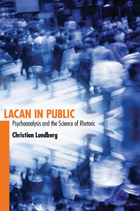
Lacan in Public argues that Lacan’s contributions to the theory of rhetoric are substantial and revolutionary and that rhetoric is, in fact, the central concern of Lacan’s entire body of work.
Lacan’s conception of rhetoric, Christian Lundberg argues in Lacan in Public, upsets and extends the received wisdom of American rhetorical studies—that rhetoric is a science, rather than an art; that rhetoric is predicated not on the reciprocal exchange of meanings, but rather on the impossibility of such an exchange; and that rhetoric never achieves a correspondence with the real-world circumstances it attempts to describe.
As Lundberg shows, Lacan’s work speaks directly to conversations at the center of current rhetorical scholarship, including debates regarding the nature of the public and public discourses, the materiality of rhetoric and agency, and the contours of a theory of persuasion.
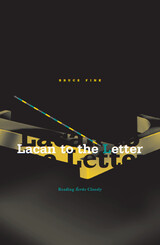
An analysis of Lacan’s thought by way of a close, authoritative reading of his Écrits
To read Lacan closely is to follow him to the letter, to take him literally, making the wager that he comes right out and says what he means in many cases, though much of his argument must be reconstructed through a line-by-line examination. And this is precisely what Bruce Fink does in this ambitious book, a fine analysis of Lacan’s work on language and psychoanalytic treatment conducted on the basis of a very close reading of texts in his Écrits: A Selection.
As a translator and renowned proponent of Lacan’s works, Fink is an especially adept and congenial guide through the complexities of Lacanian literature and concepts. He devotes considerable space to notions that have been particularly prone to misunderstanding, notions such as “the sliding of the signified under the signifier,” or that have gone seemingly unnoticed, such as “the ego is the metonymy of desire.” Fink also pays special attention to psychoanalytic concepts, like affect, that Lacan is sometimes thought to neglect, and to controversial concepts, like the phallus. From a parsing of Lacan’s claim that “commenting on a text is like doing an analysis,” to sustained readings of “The Instance of the Letter in the Unconscious,” “The Direction of the Treatment,” and “Subversion of the Subject” (with particular attention given to the Graph of Desire), Fink’s book is a work of unmatched subtlety, depth, and detail, providing a valuable new perspective on one of the twentieth century’s most important thinkers.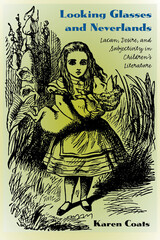
This groundbreaking study introduces and explores Lacan’s complex theories of subjectivity and desire through close readings of canonical children’s books such as Charlotte’s Web, Stellaluna, Holes, Tangerine, and The Chocolate War, providing an introduction to an increasingly influential body of difficult work while making the claim that children’s textual encounters are as significant as their existential ones in constituting their subjectivities and giving shape to their desires.
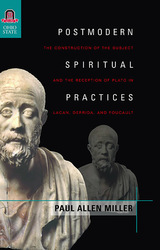
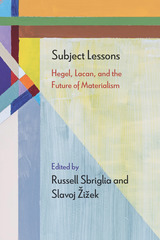
Responding to the ongoing “objectal turn” in contemporary humanities and social sciences, the essays in Subject Lessons present a sustained case for the continued importance— indeed, the indispensability—of the category of the subject for the future of materialist thought.
Approaching matters through the frame of Hegel and Lacan, the contributors to this volume, including the editors, as well as Andrew Cole, Mladen Dolar, Nathan Gorelick, Adrian Johnston, Todd McGowan, Borna Radnik, Molly Anne Rothenberg, Kathryn Van Wert, and Alenka Zupančič—many of whom stand at the forefront of contemporary Hegel and Lacan scholarship—agree with neovitalist thinkers that material reality is ontologically incomplete, in a state of perpetual becoming, yet they maintain that this is the case not in spite of but, rather, because of the subject.
Incorporating elements of philosophy, psychoanalysis, and literary and cultural studies, Subject Lessons contests the movement to dismiss the subject, arguing that there can be no truly robust materialism without accounting for the little piece of the Real that is the subject.
READERS
Browse our collection.
PUBLISHERS
See BiblioVault's publisher services.
STUDENT SERVICES
Files for college accessibility offices.
UChicago Accessibility Resources
home | accessibility | search | about | contact us
BiblioVault ® 2001 - 2024
The University of Chicago Press



